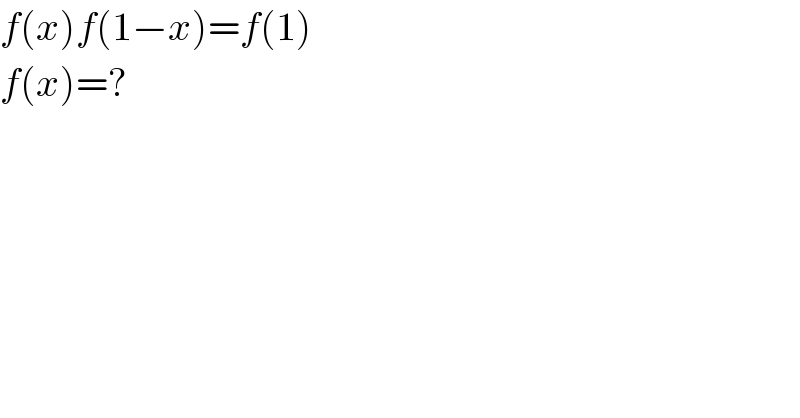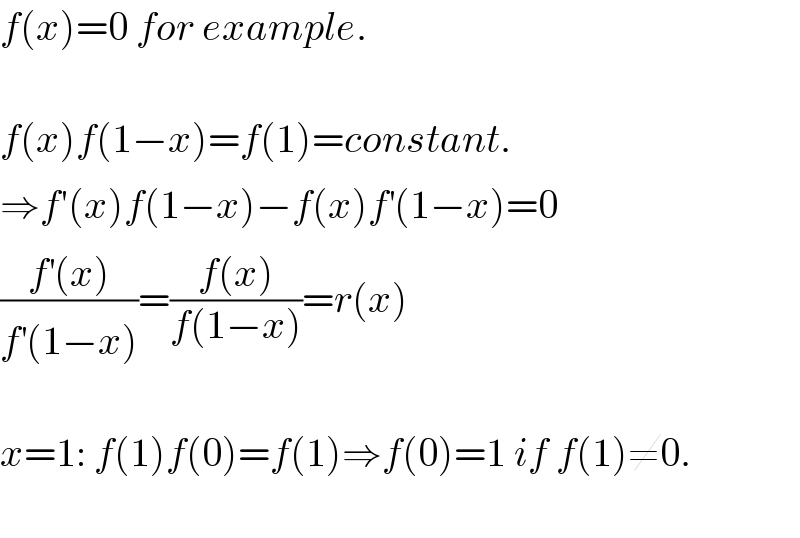Question Number 4261 by 123456 last updated on 06/Jan/16

Commented by Yozzii last updated on 06/Jan/16

Answered by prakash jain last updated on 07/Jan/16

Commented by prakash jain last updated on 07/Jan/16

Commented by Yozzii last updated on 07/Jan/16

